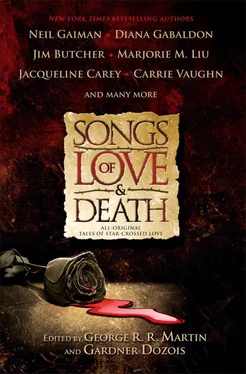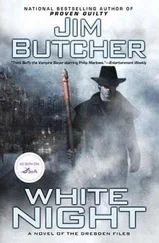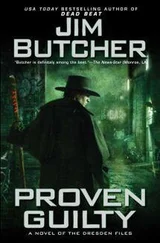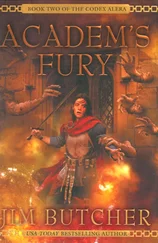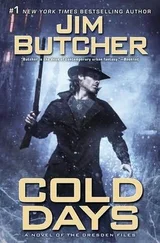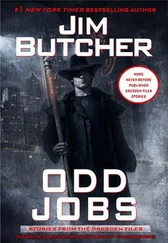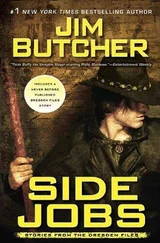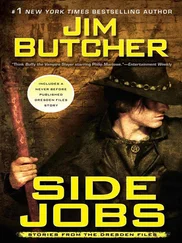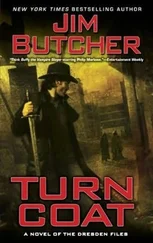“Titania insisted that the woman must be healthy, and of a suitable age and station, but she and her husband enjoy their battles, so she made no more attempt than that. Thus—if we are to believe my family lore—there will always be a destined bride for the Loxsleigh heir, but Oberon will make her hard to find.” He turned to Martha. “When found, however, there will be no doubt. On either side. We call the bride his marrying maid.”
Martha inhaled, clenching her fists.
How old are you?
She would not ask, she would not. She turned away, looking outside, and noticed gathering clouds. Rain often turned the roads to mud and she prayed for it. She didn’t want to reach his house, and with delay perhaps she could escape.
“What a charming story,” Anne Darby said.
Martha turned to her mother. “Charming?”
“Fairies, noble knights, and brides.”
“And threat of death for many, if there was any truth in it.”
“But there isn’t, is there, dear?”
Martha forced a smile. “No, of course not. I was swept away by it for a moment. The weather looks ominous, sir. We should stop at the next stage.”
“We can reach Five Oaks today, I promise,” Loxsleigh said.
Martha didn’t argue. If she was any judge, the clouds would do her work for her.
Her mother asked, “Does the name Five Oaks come from that legend? From the oak trees in the glade?”
“It does, ma’am. In fact, the legend says that the old part of the house was built in that very glade, as you will see for yourself within hours.” He looked out at the gathering clouds, however, and frowned.
“Do you have any other stories, Mr. Loxsleigh?” her mother asked.
Martha closed her eyes briefly, wondering what more there could be.
“I do have one more, ma’am, which is very whimsical. We left Sir Robert with his faery gift, and once he married his marrying maid, he used his talent but kept the seventh, thus obeying the rules. However, he began to find it harder to distribute the gold to the poor. His generous charities were beginning to cause comment. He tried leaving gold for people to find, as faery had done, but it offended him when it was found by rascals or the rich.
“He traveled farther to escape attention, and when returning from a benevolent journey he was set upon by outlaws. The leader took his purse and made a play of him having donated the purse to the poor. That gave Sir Robert an idea. He set up a trap and captured that leader and put a proposition to him. If he would give up his thievery, Sir Robert would protect him and his companions and provide money for them to live on. In return, Robin Ahood and his men would pass on the gold, claiming that they’d stolen it from the rich to give to the poor.”
“Robin Hood!” Martha exclaimed. “Now I see you play with us.”
“I did say it was whimsical, Miss Darby.”
“And many people think Robin Hood was real,” her mother said. “Especially around Yorkshire and Nottinghamshire.”
“They think fairies real, too,” Martha scoffed. “Or magic wells, or that eleven days were stolen from them when the calendar changed.”
“Oh, I remember that,” said her mother. “Such a furor. Even rioting. There are some still convinced that their lives will be shorter.” She turned to Loxsleigh. “One neighbor in York whose birthday was on the tenth of September that year insists to this day that she’s a year younger than she truly is.”
Loxsleigh didn’t respond. In fact, he looked dumbstruck. He looked outside at the gathering gloom, and then at Martha, eyes wide.
“Robin Hood,” Martha said sharply, hoping to bring him back to reason. “That device could only have lasted a while. Men die.”
He blinked as if her words made no sense, but then said, “No, of course. I mean yes.” He shivered. “A legend can live forever. The Robin Hood stories are spread over centuries, you know, and from Nottinghamshire to Yorkshire. To Barnsdale, where Five Oaks lies. One version links to the Loxsleigh name, though spelled differently. It could be true.”
It was a good attempt, but close to babble.
“How interesting,” said Martha’s mother, but he continued to look at Martha.
“You disbelieve all?”
“Robin Hood might have existed,” she said, “but fairies certainly do not.”
“Pray God you’re right,” he said and turned again to study the weather as if willpower could change it.
5
ROB DIDN’T KNOW how he was presenting a normal appearance. If he was.
The change of calendar! How could he have ignored it? How could his father?
Five years ago the calendar had been corrected by going from the second day of September to the fourteenth. As Mistress Darby said, many of the simple folk believed that eleven days had been stolen from them. There had been riots demanding their return. People with birthdays during the eleven days had fretted about how old they were.
He’d regarded all this with amusement. Why hadn’t he realized?
No one could tell how faery viewed such human matters as dates and calendars, but if the rules applied to the old date, it would explain the gathering storm—and not the one visible in roiling clouds. At first it had been a dark chanting in his head, but that had turned into a cacophonous chorus that flogged him toward Five Oaks. Hurry, hurry, hurry.
Over the past hours he’d become aware of them around him. Gleeful Oberon and furious Titania. No wonder. If the rules kept to the old calendar, his birthday wasn’t the twentieth day of June, eleven days away, but the ninth.
Tomorrow.
If he didn’t bed Martha Darby before tomorrow, perhaps before eleven in the morning, his hour of birth, Oberon would be free to finally exact his revenge on the line of Sir Robert Loxsleigh.
That left no time for niceties and wooing. By kind means or cruel, he must have her in the next twenty hours. He tried to compel calm. They would be at Five Oaks in hours, even with the worsening weather. Oberon’s work, he was sure. Once he took Martha to the old hall, where faery energy burned so fiercely, she would have to believe, have to agree to anticipate the wedding. Even she, the prim daughter of a canon of York.
If not?
Damnation. Oberon had chosen well and done his mightiest, but he could not be allowed to succeed.
But then the rain swept toward them, sheeting down, pounding the rough ground of the road.
“We must stop at the next inn, Mr. Loxsleigh,” Martha said. “We risk becoming stuck in the mud.”
“The road’s sound,” he said desperately, “and it’s not far now. Perhaps only an hour.” The coach had slowed, however, and he could feel the labor of the horses. The postilions would be miserable, but they must press on. Then the wheels sank and the coach stopped.
He opened the door to jump out. “We must lighten the load!”
The coach lurched forward then, the wheels finding new purchase. He fell back into his seat.
“This is folly!” his bride declared. “Look, I see lights ahead. We must stop. We can’t climb out to lighten the load in this weather. My mother could catch her death.”
He wanted to rail at her, but every word was true. They could not go on.
“Very well,” he said, desperately seeking solutions. “My apologies.”
The lights turned out to be a small inn, but called the Maid Marian. Was that a hopeful sign or a twisted joke? It had two tiny bedchambers for them, but they would have to take their supper in the common room. That didn’t matter. He made his plans.
He ordered supper for them and hot punch, making sure it had plenty of honey and spices. When it arrived, he strengthened it with the flask of brandy he had in his valise.
Читать дальше
